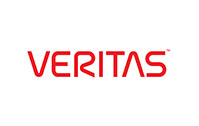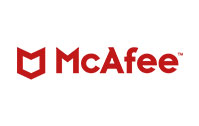When dealing with data storage management, there isn’t exactly one specific way to go at it that suits every single company similarly. Each company must find a means of data storage that suits them according to the type of data and the amount that they are dealing with. With this background information, a company can easily determine what storage route is best for them, be it cloud based, premise based or a combination of these, among others. This article deals with four things that you must know in order to ensure that your data storage choice is the best fit for your company or business.
1. Know your data
Data is never the same, it differs largely according to the type of business you are involved in. its purpose and the size of it. When formulating your data storage policy, ask yourself; How long do I need to retain data? How fast do I need access to the data? How soon do I need the data back if it is lost and how secure does the data need to be?
These questions will help in determining which data storage options are best suited to your needs.
2. Establish a data retention policy
A data retention policy is a necessity to ensure a successful data storage management. It is according to the data retention policy that it is established how long data is stored. Not only that but what data is considered severely important and what is needed for a short period of time. Some of your data must be retained for years and some may only be needed for a short number of days. To set up the policy successfully, determine the organization’s most important data and prioritize storage management appropriately. Make sure these priorities are set so data management resources can be focused on the most relevant data.
3. Consider your compliance needs
If/when operating within a highly regulated industry such as healthcare or financial services, the bar is set quite high for compliance and security. If your choice is to outsource your data storage and management, ensure that your service provider has the credentials needed to provide a highly secure and compliant environment as the lack of this will most likely lead to severe penalties and/or severe blows to your business and clientele list.
4. Have a, constantly tested, disaster recovery plan
Recovery is the name of the game, all the backups in the world are useless without recovery. Whatever methods of backup that you use must be well tested, and often. Random recoveries every other week can be enforced to ensure that, whatever happens, you can recover your data. You should also ensure you have multiple copies of anything you consider especially important and that at least one of the copies is kept offsite.
The decision made when it comes to data storage is a tough and important one, one that may likely need the help of outside expert opinion. We at Comztech hope that the above article was helpful and that you will contact us, info on our website, with any questions you may need or if you need one of our experts to assist and facilitate the whole process.





























